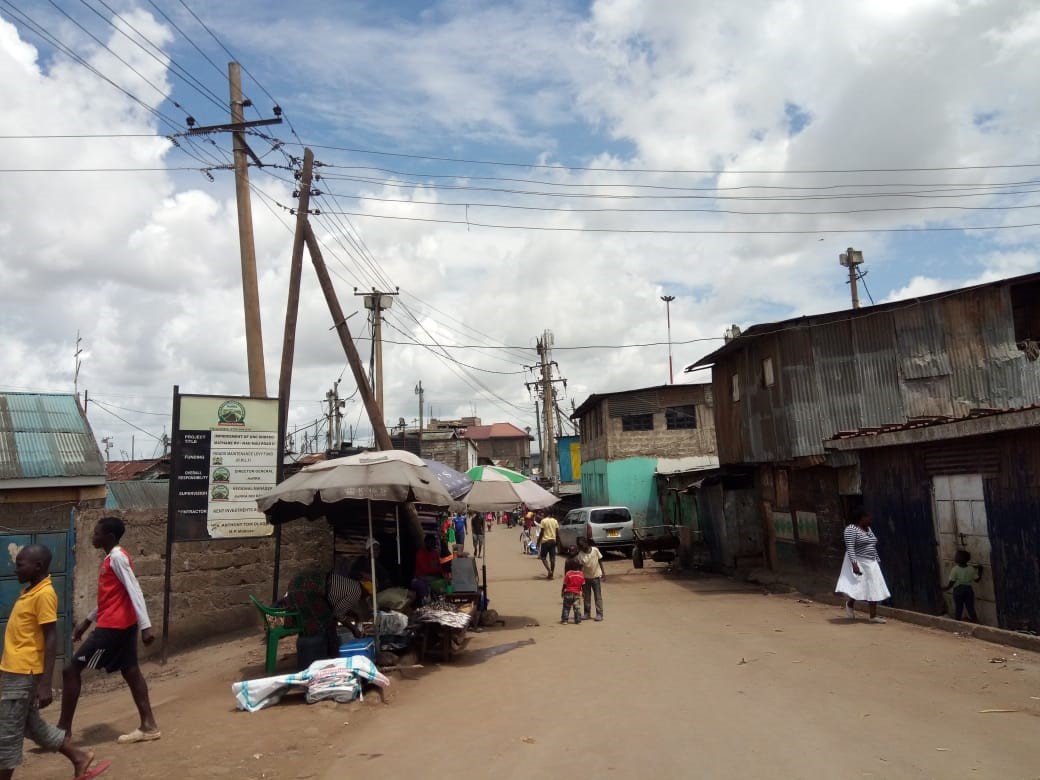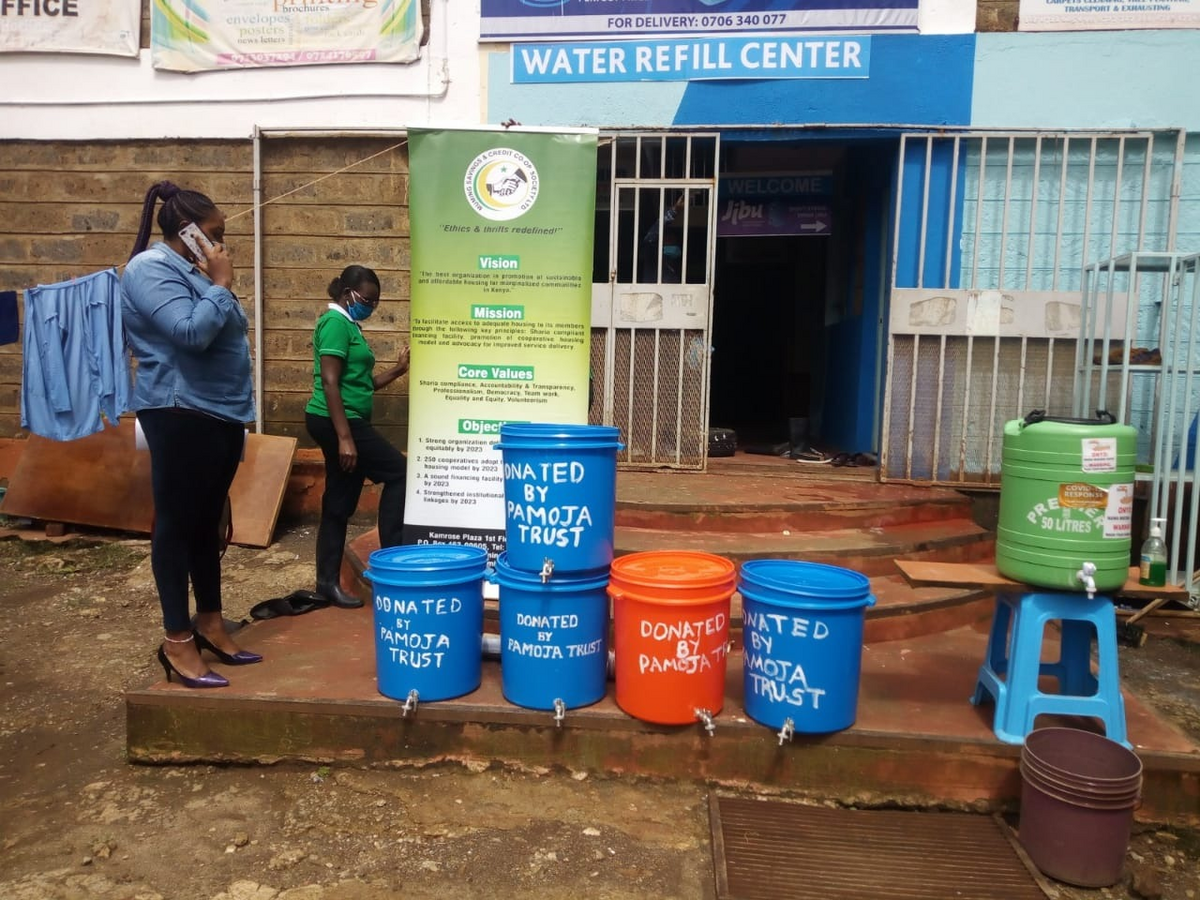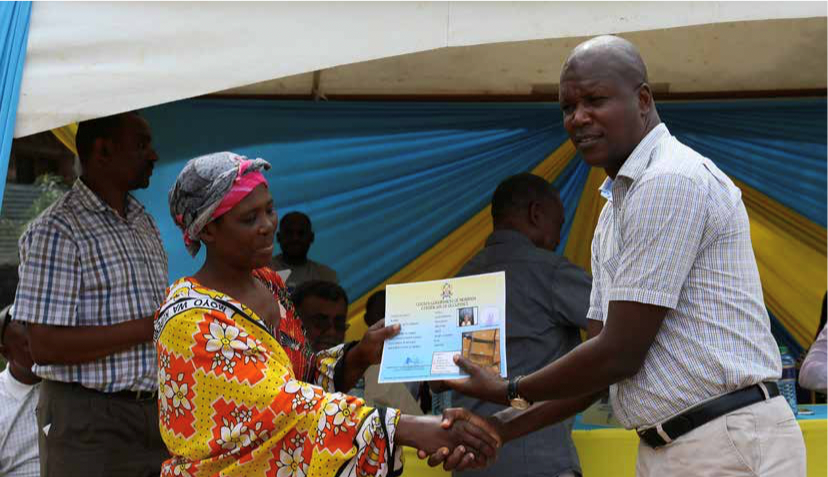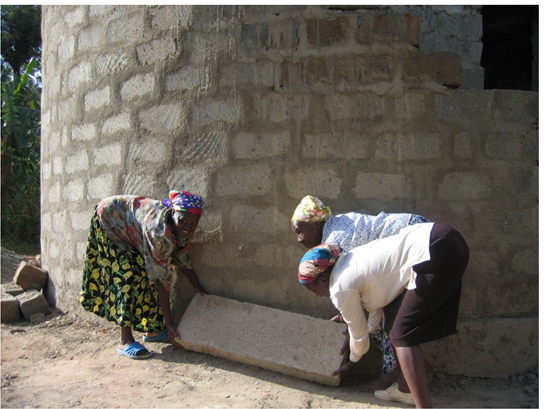- Who We Are
- How We Work
- Regional / Country Initiatives
- Legacy
- Core Themes
- Working Groups
- Portfolio & Results
- Newsroom
- Resources
Upscaling the Social Tenure Domain Model (STDM) to promote Integrated and Sustainable Urban Land Use

Secure Tenure in African Cities - Home
Project selected under the Innovation Programme Call for Proposals 2019:
Secure Tenure in African Cities: Micro Funds for Community Innovation
Project Overview
|
What is the problem? Kenya’s cities have grown rapidly, but without the necessary investments in infrastructure and services. In Nairobi and Mombasa, urban areas have transformed into informal settlements characterized by unequal access to resources, unsustainable land use, inefficient administration, and land tenure insecurity. Insecurity is often the greatest challenge for settlement dwellers, who live under constant threat of eviction and demolitions.
Where does it occur?
Who does it affect?
What are the causes? |
Approach Pamoja Trust uses the Social Tenure Domain Model (STDM) to help give informal communities the chance to move towards tenure regularization and better access to economic and social services. The approach has three levels of engagement: Macro – focuses on extending conversations on responsive land policies among community members and government Meso – leverages the experiences of Mombasa County with STDM to upscale its implementation to Nairobi County Micro – uses STDM as a dynamic tool in support of gender-mainstreaming and for responding to youth. Key expected results include representatives from three communities in Nairobi and Mombasa counties trained and supported to advocate for tenure regularization of their informal settlements; county government officials engaged on upscaling and institutionalizing the STDM process; and opportunities created for communities and their governments to deliberate and negotiate on the attainment of land tenure security. |
Achievements
•Prepared Mombasa Housing Bill to implement STDM in development of the county housing information system and land inventory.
•Developed advocacy strategies with the Mathare 4B community in response to eviction threats, including organizing residents, such as the cooperative, and spatial (social and technical) mapping of the settlement boundary.
•Integrated STDM model and process in the Women’s Movement, creating space for women in leadership, planning, and participation — a key tenet of STDM.
•Established STDM-trained youth teams from Mathare 4B, Mashimoni and Kwa Bulo Settlement to build capacity, advocate for STDM in pursuit of tenure for their settlements, and support leadership, especially with their technology skills.
•Trained leaders from Mathare 4B, Mashimoni and Kwa Bulo Settlements on STDM and adaptive planning, leadership, governance and engagement on land tenure issues; and established Mashimoni leaders taskforce on tenure security.
•Held 3 roundtables and a 1-day conference bringing together officials from the national government, Nairobi and Mombasa County; settlement leaders; civil organizations; academics and communities to discuss models for securing land tenure for the urban poor, policy, implementing and upscaling STDM and more.
•Jointly with the Kenya Institute of Planners, presented adaptive planning based on STDM as an innovative solution to the challenges of urban space planning.
•Shared lessons learned on process, methodology and uptake of STDM and adaptive planning methods using traditional and digital platforms.
Testimonies
“Most of us youths in Mathare 4B Settlement are computer literate; through the STDM intervention by Pamoja Trust and Cities Alliance, we were able to use these skills to help our community in the pursuit of security of tenure…. In the instance where our space is threatened, the STDM process will help us engage stakeholders on an evidence-based basis.” — Jackline, STDM Team Mathare 4B
“We agreed to form a cooperative of Mathare 4B … so that we can fight for our land. In community land act, we are trying to see how to come together as one in order to claim the land as a community.” — Grace, member of the Cooperative
Lessons learned
•There are options for engagement with county governments. Nairobi County Government, in particular, readily welcomed the STDM approach not only in securing land rights for residents but also property rights. It is important to have more than one option for government engagement, however, due to the dynamic nature of governmental organizations.
•Adaptive urban space is important: uncertainties shape the urban space such as the COVID-19 crisis that made physical engagements a challenge as well as the unexpected threat of eviction to the Mathare 4B community.
•Opportunity and space exists for upscaling and mainstreaming STDM as a planning and inclusion model adopted at the county and national levels.
About the grant recipient
Pamoja Trust is a Nairobi-based non-profit organisation that seeks to promote access to land, shelter and basic services for the urban poor. It has extensive experience with organising communities and helping them take up an active role in advocating for their rights.
Resources from this project
|

Flattening the Curve: Women’s Groups Lead Response to Covid 19 in Kenya’s Informal Settlements Blog by Irene Kinoti & Diana Wachira, Pamoja Trust
|

Blog authored by Sam Olando, Pamoja Trust |

Helping Informal Communities Realize Tenure Security: The Social Tenure Domain Model Blog by Irene Kinoti, Pamoja Trust |

Project Update (December 2019) (Report)
|
